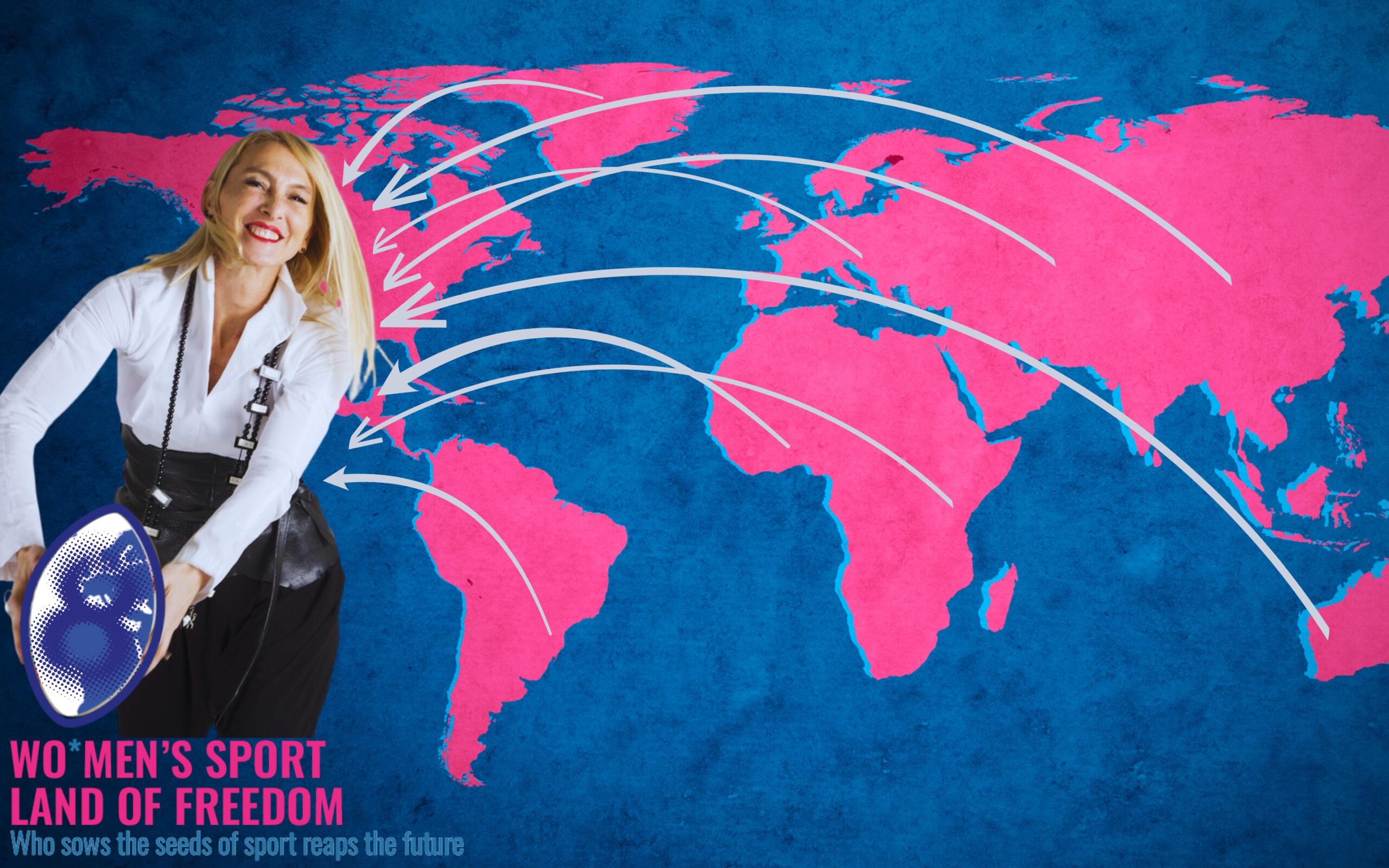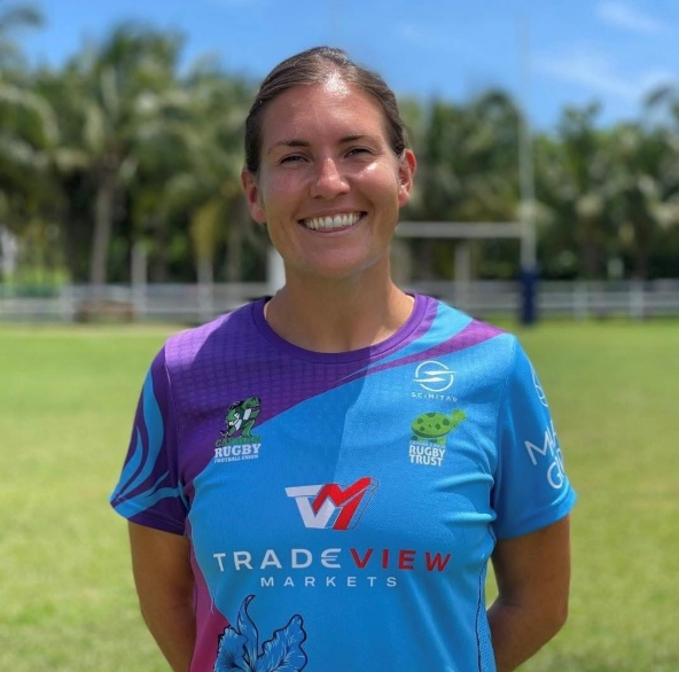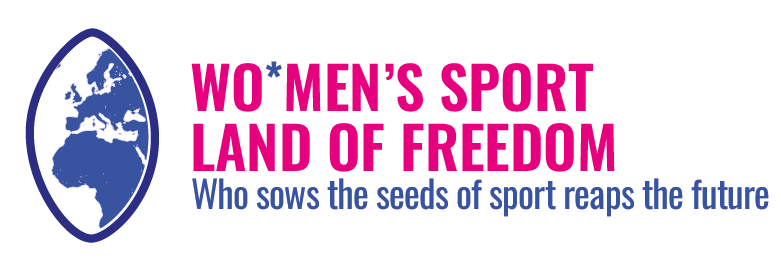
CAYMAN ISLANDS: RUGBY AND ITS VALUES CAN CREATE A STRONGER AND MORE CONNECTED COMMUNITY IN THE CAYMAN ISLANDS.
“Rugby and its values can create a stronger and more connected community in the Cayman Islands”

Thanks to:
Mercedes Foy
Cayman Islands Female Rugby Manager
Caroline Deegan
Operational manager Cayman Island Football Union
- The history of the women’s movement in the Cayman Islands
- Testimonials
- Reading time: 7 minutes
CAYMAN ISLANDS - Find out more
The Cayman Islands are a British Overseas Territory in the western Caribbean, with an estimated population of about 87,900 in 2024 and a nearly balanced gender distribution (51.1% men, 48.9% women). In the labor market, women account for between 47.2% and 48.6% of the active workforce, with a labor force participation rate (LFPR) of about 80.8%, slightly lower than that of men (86.2%). The professional sector is highly dependent on expatriates, who make up more than 50% of the workforce. On the political front, women occupy about 26% of elected seats, with leaders and activists long denouncing a political environment still dominated by cultural barriers and structural obstacles.
(Source: ESO Labour Force Survey Spring 2024–Fall 2024; Cayman Compass 2025 labour report; Cayman News Service; Cayman Compass – ‘Boys’ club’ still a power in Parliament; Gender Affairs Unit – Government of Cayman Islands; UN Women data Cayman Islands)
HISTORY OF THE COUNTRY
1. When did the women’s rugby movement start in your country and what is its history? How is rugby structured in your country?
(Based on information provided by Caroline Deegan on the history of women’s rugby, editor’s note)
Rugby in the Cayman Islands began in the late 1990s with women’s touch rugby, which was flourishing under the guidance of Chris “Jacko” Jackson. A small group of versatile women (Tracy Iler, Mitch Taylor, Lisa Kehoe) and contact rugby veterans (Karen Jessop and Jessica Lane) were determined to take the next step and form a women’s contact rugby team. With the hiring of Richard Adams as the first CRFU Rugby Director in 2000, the movement began to grow until Steve “Smudger” Smith, a former professional rugby league player, was appointed the first women’s contact rugby coach. The first training sessions had about 14 women, but once the bruises and black eyes set in, the number of participants quickly dwindled. An opportunity then came to train for a sevens rugby match against the Jamaican women’s national team, as part of a men’s sevens tournament hosted in Kingston. The Cayman women (all expatriates) trained hard under Smudger’s guidance but entered the tournament as underdogs. Jamaica had speed and experience, but that day was no match for the Cayman team’s discipline, structure, and hard tackles, combined with the pace of Janie Fleming and Lorna Campbell. The Cayman team beat Jamaica twice in a single day, creating a huge upset. The inaugural Cayman squad returned home with a taste for victory and a desire to improve in sevens and eventually develop into a full 15s team. With the small pool of players, the women’s side focused on sevens for the next 18 months, representing Cayman at the Trinidad Sevens and the Las Vegas Midnight Sevens. Gradually, the number of players grew, allowing them to play 10s and eventually 15s, hosting teams such as Seacoast USA, Jamaica, and Queens University, with the first national 15s match against Jamaica in 2003 under captain Caroline Deegan. The squad was grateful for a succession of coaches (Richard Adams, Adam Craven, Kevin Crooks) and inspired by the enthusiasm of the Cayman rugby pioneers such as Loletta Hanna and Nathalee Curtis. The team’s exciting progress was abruptly halted when Hurricane Ivan devastated the Cayman Islands in September 2004. Many Caymanians and expatriates were forced to evacuate for several months, and the rugby club itself needed complete restructuring. A small core of women remained and committed to reviving the program as soon as time and resources allowed. Women’s rugby disappeared for a while, until Katy Bayles (current women’s head coach) and Lisa Kemp launched a U19 girls program, with some of those players still active today. Mercedes Foy became involved as a volunteer in 2020. In December 2022, a two-day girls’ rugby camp was held, with 100 girls attending both days (at a time when Cayman’s borders were still closed due to Covid). Women’s rugby then began running regularly every weekend with about 30 girls split into two age groups. Many of them are still active today. In May 2021 Mercedes became the first full-time women’s rugby development officer in the Cayman Islands. Tradeview Markets became the program sponsor, helping push it from the start. Mercedes had to build the program from scratch, but with a clear vision and passionate dream. “Get into Rugby” sessions for women were launched alongside youth rugby for girls. The main goal was to grow youth rugby so women’s rugby could be sustainable at all levels. Former players, current players, women from the community, and CRFU members joined the sessions and became youth rugby coaches—many of whom are still involved today. The Cayman women’s national team returned to international play in 2023, 2024, and 2025 (not yet official test matches, but with hopes to play them in 2026). The U14 and U18 girls have played both local and international fixtures since 2023. We are the only rugby club in the Cayman Islands. We provide free support for rugby programs, after-school clubs, and community rugby sessions. We run mixed rugby for U6, U8, U11, U14, and U18 girls. We now have a women’s side playing both domestically and internationally. In 2021 there were no girls or women playing rugby. Today, more than 160 girls are training and playing regularly. In 2024 we had only one U18 side; in 2025 we fielded two U18 teams for an off-island fixture in Miami. Rugby was also introduced for the first time in Cayman Brac, teaching more than 50 local girls. Nine girls traveled with us to Miami as part of the FIREE project (Females in Rugby Empowered & Educated). We hold year-round training sessions to involve new areas of the community.
2. Do you think playing rugby has a social impact for a woman in your country?
Cayman rugby is creating a safe and inclusive environment where girls and women of all shapes, sizes, cultures, and backgrounds are encouraged to participate. The Cayman Islands have a very diverse population, and rugby is bringing these communities together. We are committed to supporting female development off the field as well. Our FIREE (Females in Rugby Empowered & Educated) program has helped open up new educational opportunities through rugby and its values, working with St. Thomas University in Miami. This creates opportunities for families who may never have thought such a pathway possible. Introducing rugby to Cayman Brac was another key milestone. We are helping to raise young women leaders, empowered to inspire change both within and beyond the Cayman Islands.
3. In your opinion, what can rugby give to women in your country?
Rugby and its values can create a stronger and more connected community in the Cayman Islands. Whether someone wants to play, support, referee, or volunteer, there is a place for them in our club. We are committed to rugby and its values, offering opportunities for growth off the field too, with workshops on leadership, nutrition, strength and conditioning, career guidance, breast health, and mental health. Women’s rugby in the Cayman Islands is more than a sport — it is a culture and a way of life.
JOURNEYS THROUGH RUGBY
1. When did you start playing rugby and how you discover it?
I started playing rugby at the age of 16 for the Thurrock T-Birds. I played for my high school at Thurrock RFC, in Essex. I was capped as England Red Rose #184 in 2013. I moved to Cayman in 2018 and became the Cayman Islands’ first women’s rugby coach in 2021. I was also a clay pigeon shooter for the Thurrock Harriers. The rugby pitch was right next to the shooting range, so I decided to give it a try. Nobody in my family had ever played rugby.
2. What has rugby taught you that has impacted your daily life? Can you give me an example of when a rugby mindset was useful?
I’ve learned that hard work really pays off. I stayed loyal and played my entire career at Thurrock RFC. We rose from the lower divisions to the top women’s leagues in 2013. I captained the team and was encouraged to attend the LSE trials. From there I was selected for England, flying to the Six Nations in Denver in 2013 at the age of 27. I was then selected for the 2014 World Cup in France. I played the Six Nations again in 2015 and was chosen for the 2017 World Cup in Ireland, where England won by beating New Zealand in the final. It was incredible to be a professional.
I never imagined I’d work in rugby as a career. I’m proud to be the first women’s rugby development officer in Cayman. I built the program from nothing to what it is today. I live and breathe rugby as part of my life and I’m excited to see women’s rugby grow across Cayman and the region. My heart, passion, belief, and love for the game helped me achieve my England caps and my success in the Cayman Islands. Confidence, positivity, and teamwork — from the first time I led people — have made me a friend and given me memories I’ll always treasure.
When I moved to Cayman as a PE teacher, I volunteered with Cayman Rugby. The executive committee had made women’s and school rugby a development priority in 2021. At that point, there were zero girls and women playing rugby. In 2025 we now have over 160 girls and women playing regularly. Revitalizing a dormant program after 10 years has been one of the highlights of my career. Raising the profile of rugby in Cayman has given me a new passion and love for life on and off the pitch.
3. Can you give me 3 words that connect rugby to freedom?
Leadership, Inclusivity, Passion. Passion for every aspect of life. Inclusivity where everyone has a place in rugby, on and off the pitch. Leadership to inspire the next generation, honoring the pioneers.
4. What does live in a land of freedom mean to you?
Freedom means living in a world where you can be your true self — natural, pure. Living safely, surrounded by inspiration, kindness, and love. It is everyone working together to create a better tomorrow, being the very best they can be.
5. What object represents you and why? What is an aphorism that guides your life?
A spark. I ignite excitement and leave a trail of light wherever I go. I make life’s moments brighter for people. I make magic happen. Sparks bring joy to those around them and symbolize connection between family, friends, and life’s special occasions.
“With heart, passion, and belief, anything is possible.”
